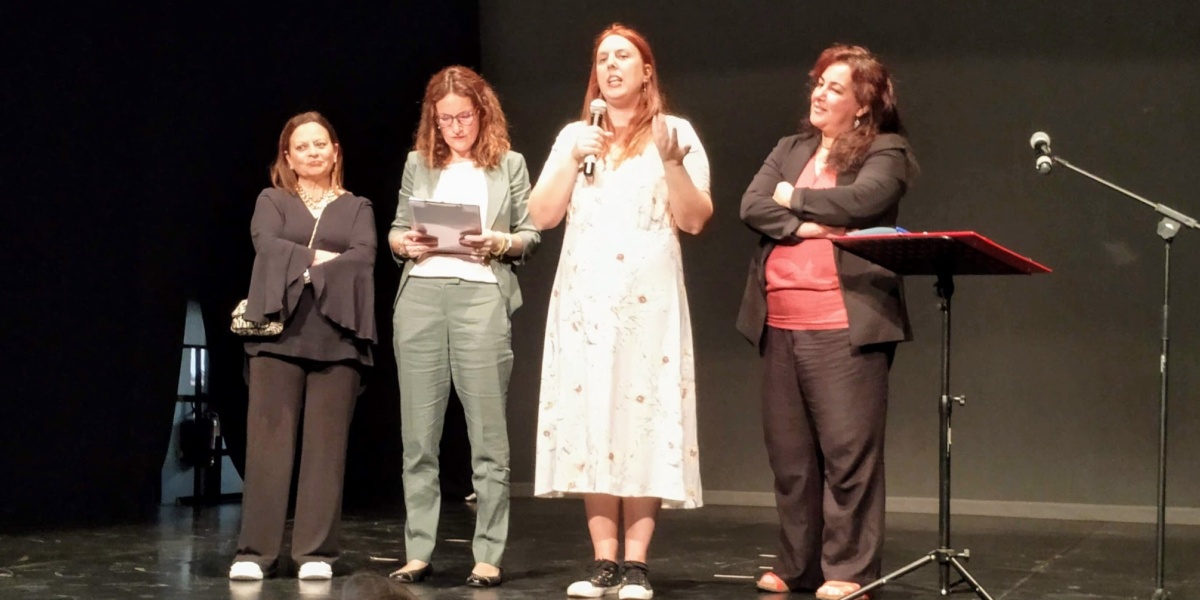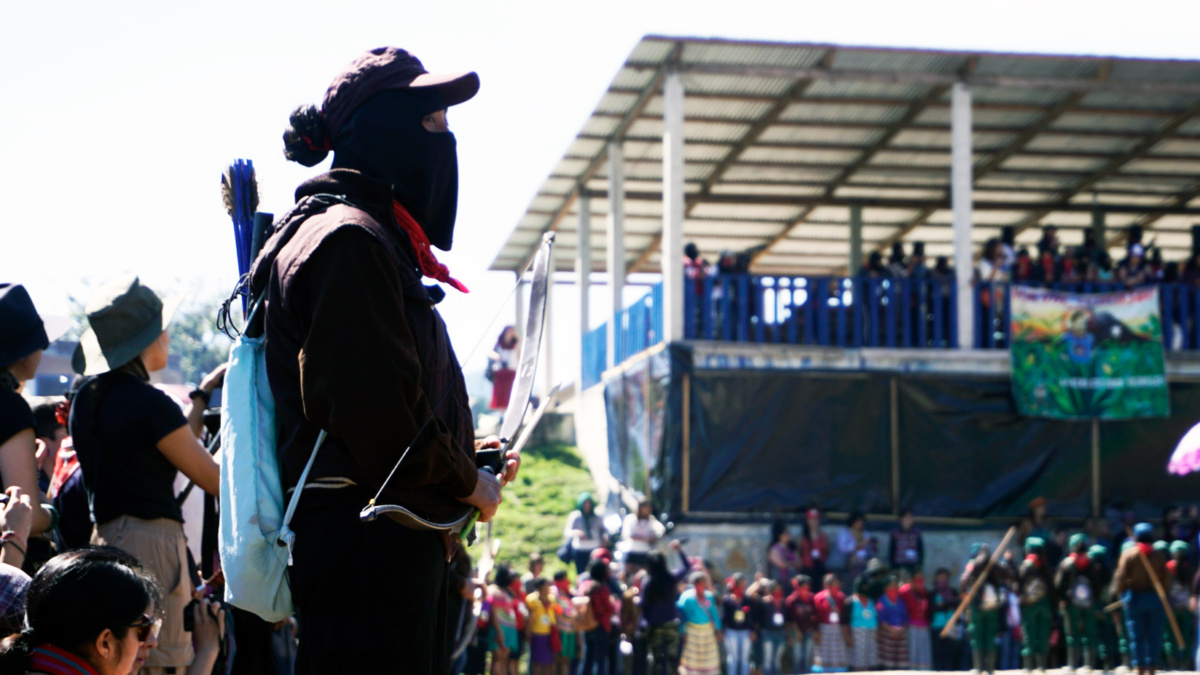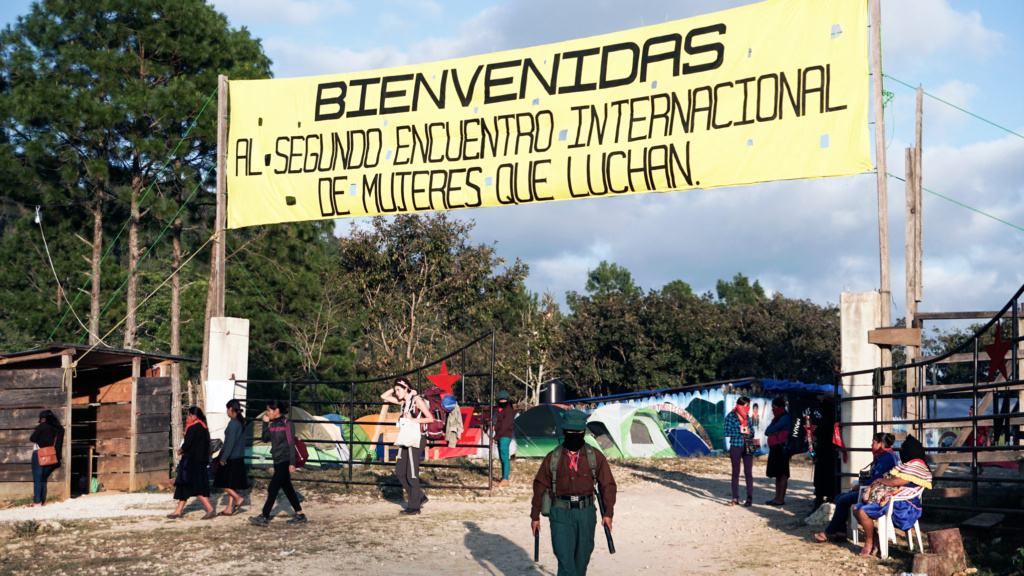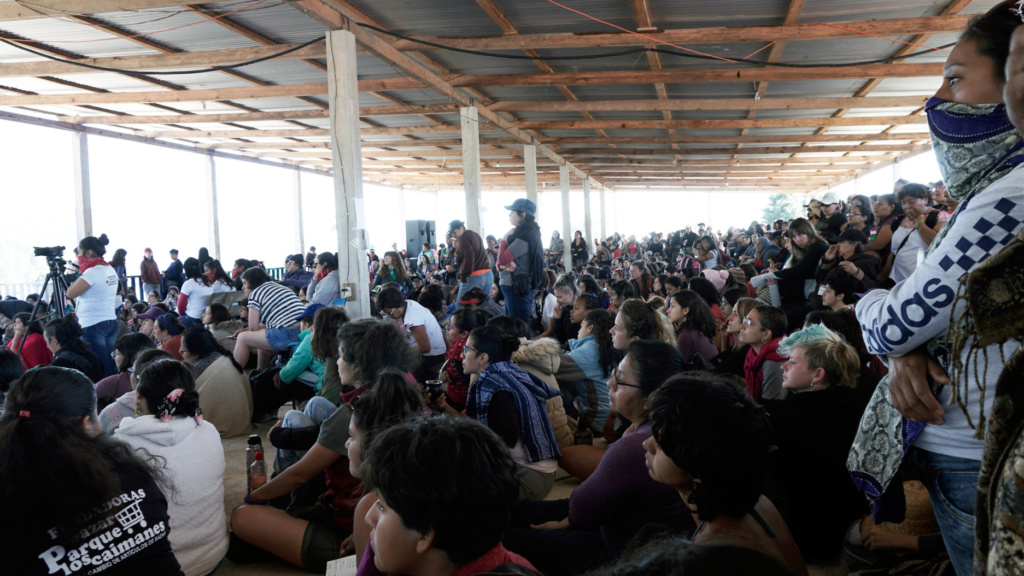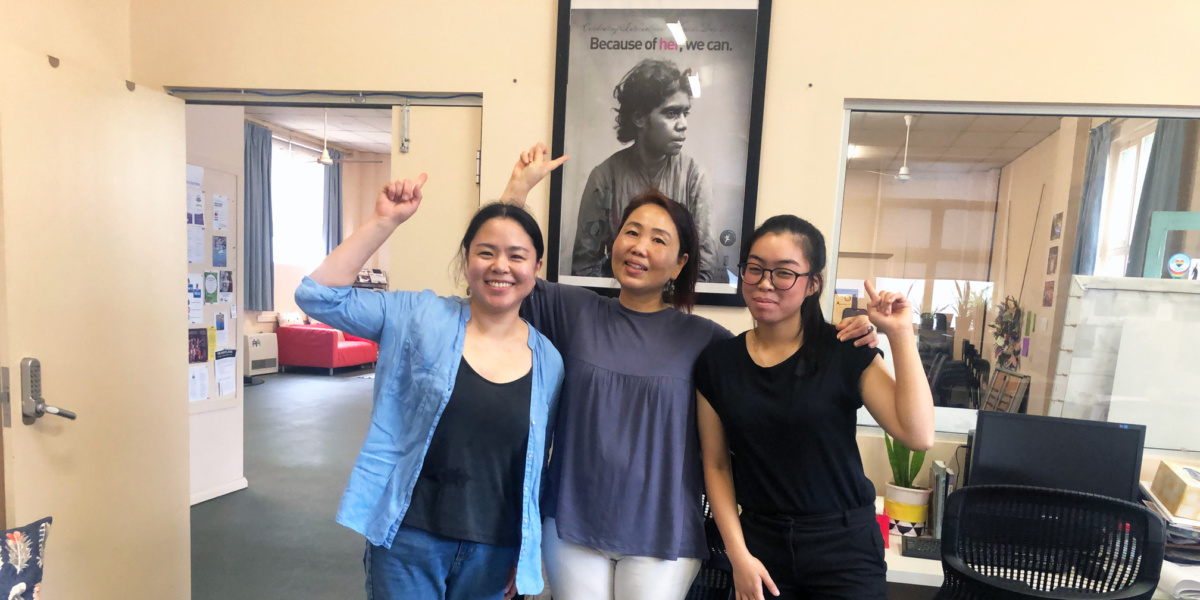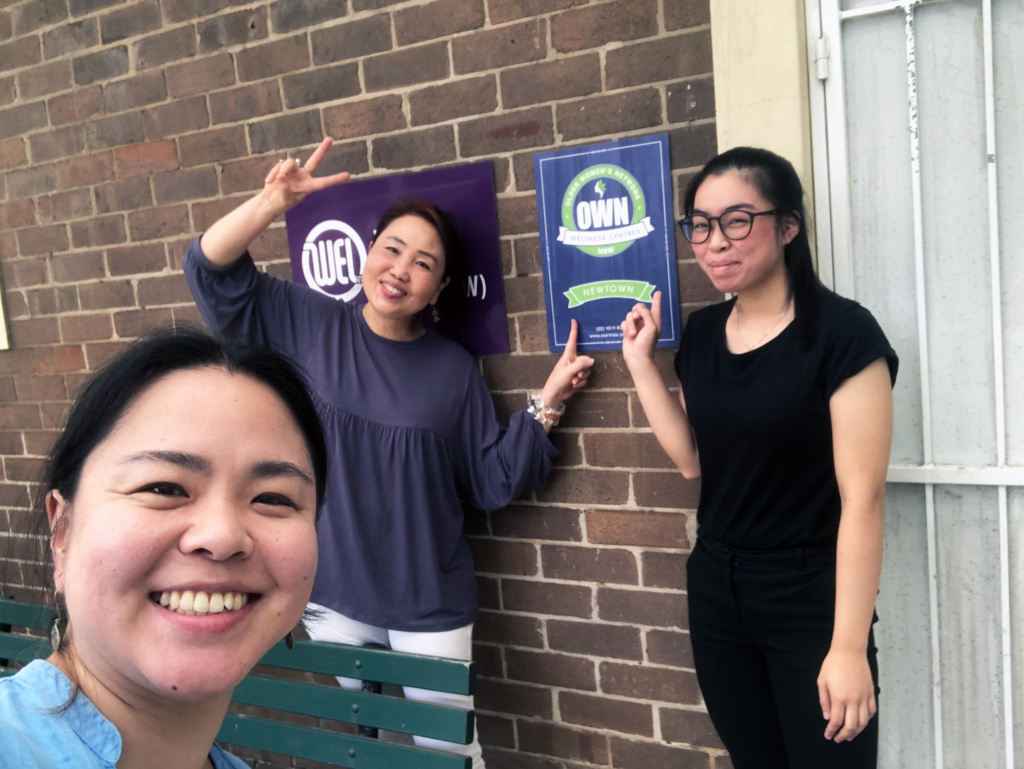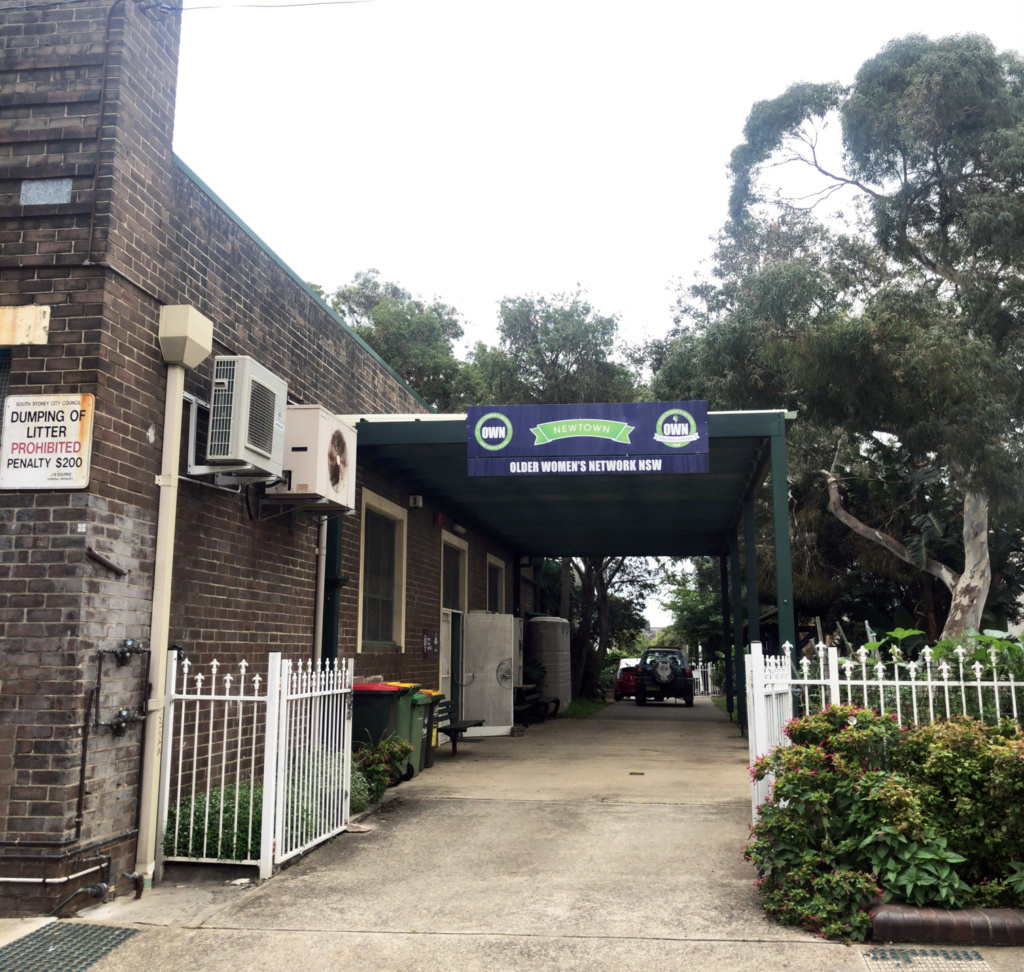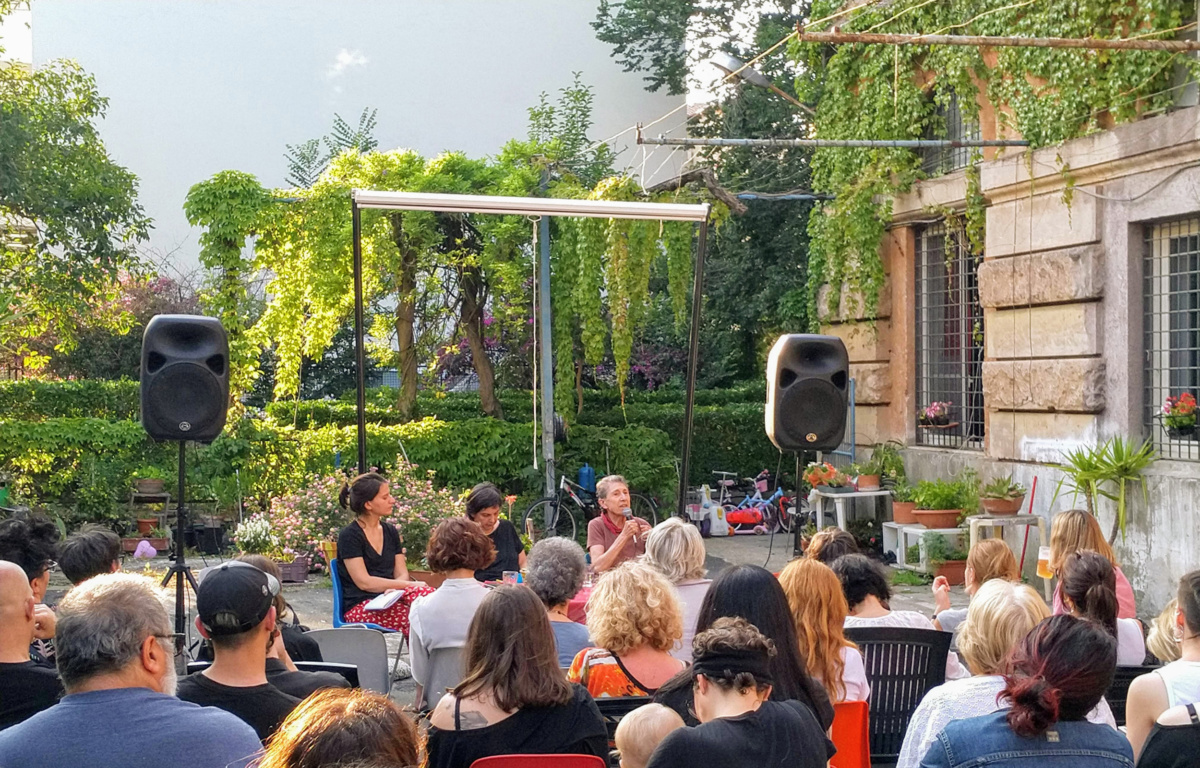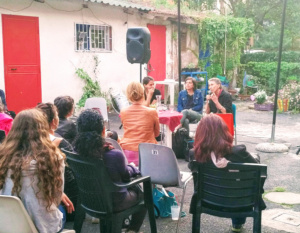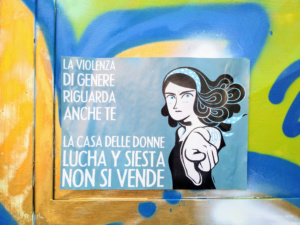WEGO mentor Simona Lanzoni, vice-president of our beneficiary Fondazione Pangea, continues to advocate tirelessly to bring an end to violence against women, be it in Italy or worldwide.
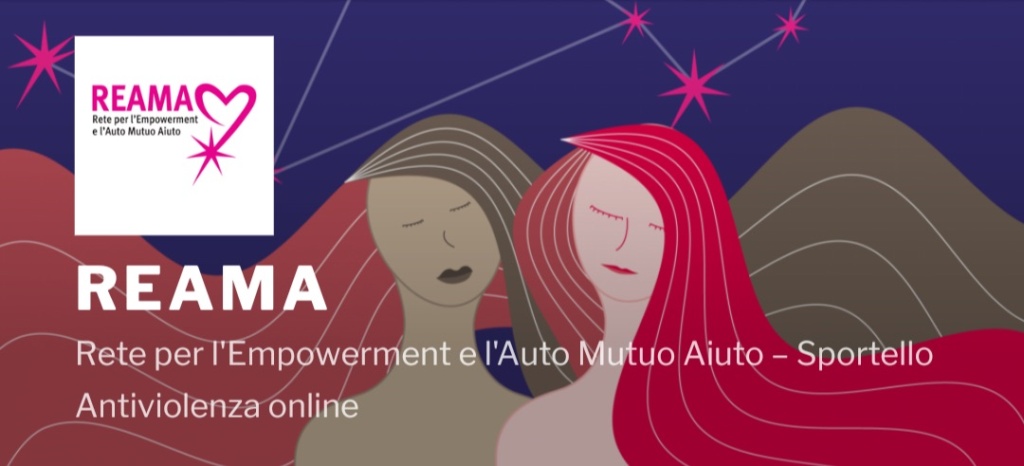
In March 2019 Pangea launched the Italy-wide network REAMA – Rete per l’Empowerment e il Auto Mutuo Aiuto (REAMA network for empowerment, self-help and mutual aid) connecting more than 20 anti-violence centres and women’s shelters from North to South Italy. Together they provide legal, psychological, practical and emergency support for women and their children suffering domestic violence, but also first contact points to address situations of economic violence women are facing by their partners.
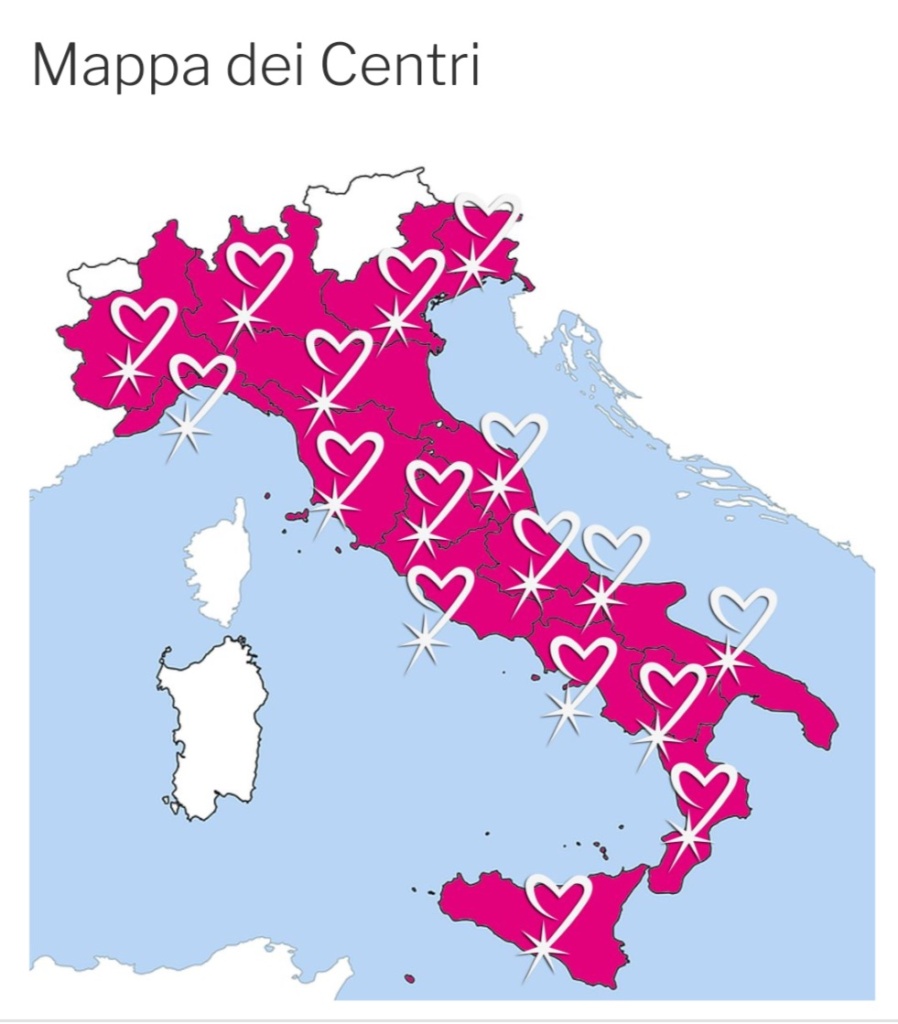
See here for an article featuring Simona on occasion of the REAMA network launch at the International Women’s House in Rome in March 2019. WEGO PhD candidate Anna Katharina Voss still remembers the powerful atmosphere in the room with all these engaged feminists coming together, many of whom had travelled from all over Italy to Rome and she had picked up at the train station earlier.
How to cultivate non-violent and care-full relationships based on self-determination and autonomy as pathways out of sexist and racist inequalities? These are also discussions taking place in the agroecological networks WEGO Anna, hosted at Pangea, is exploring for her research on the intersections of agroecology and feminism in Italy.
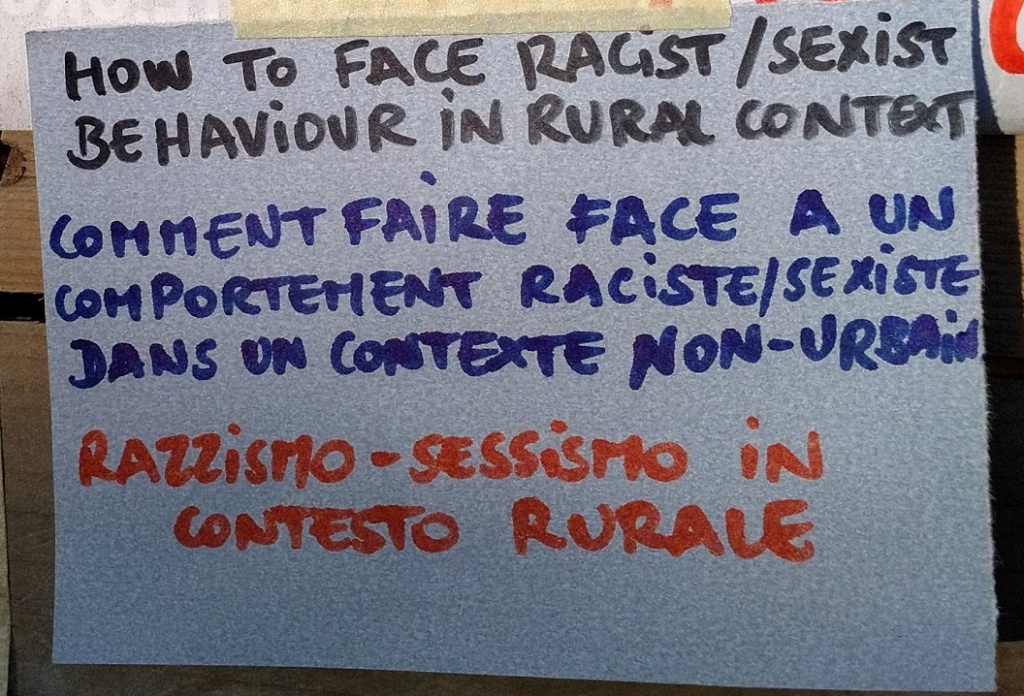
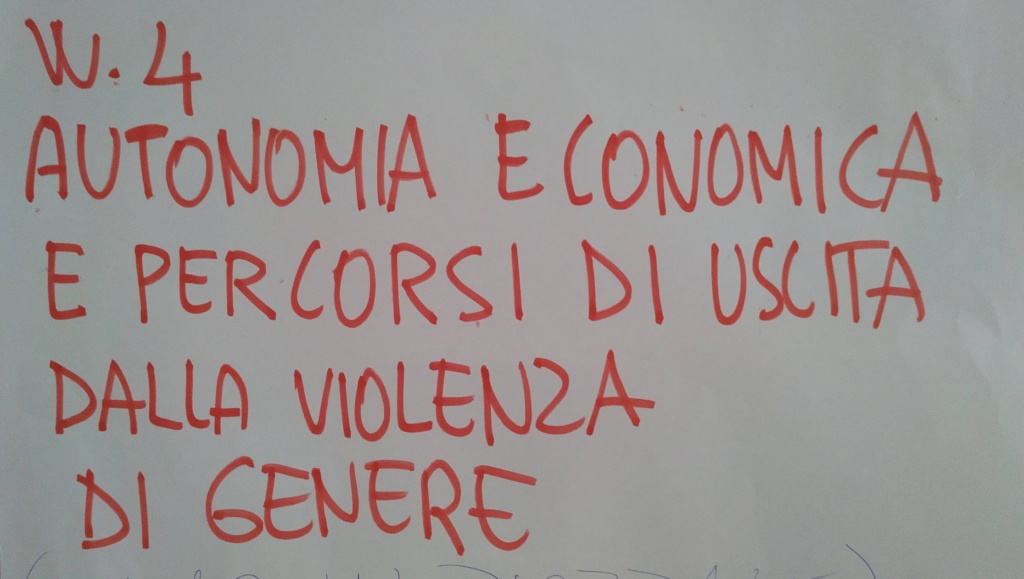
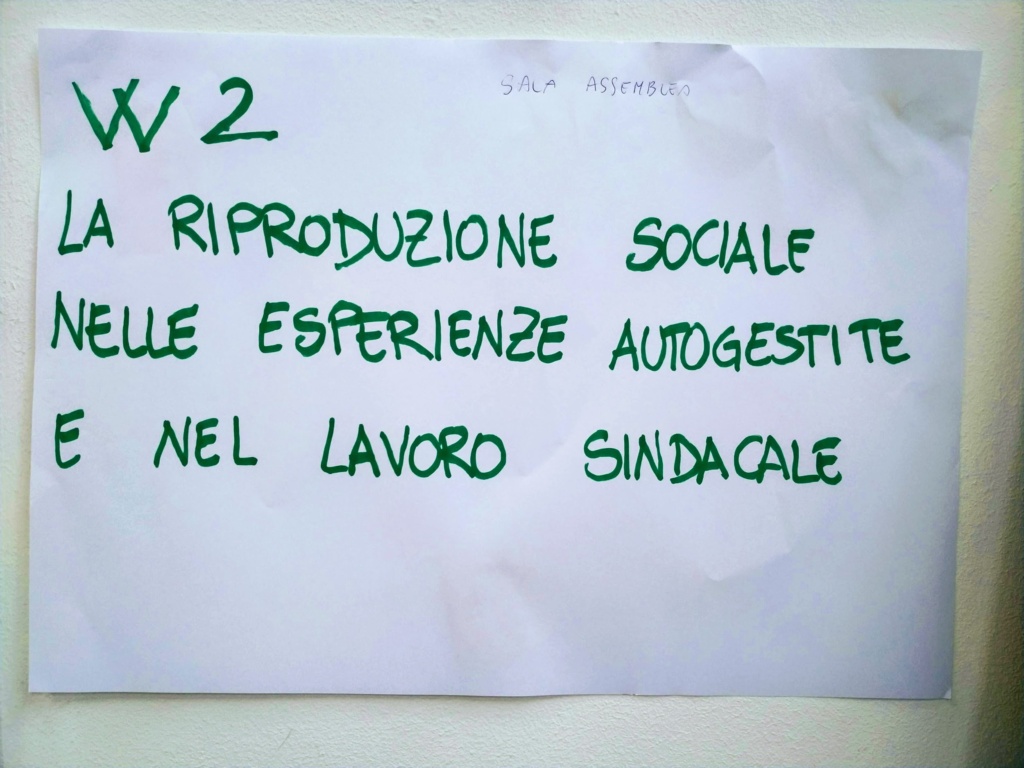
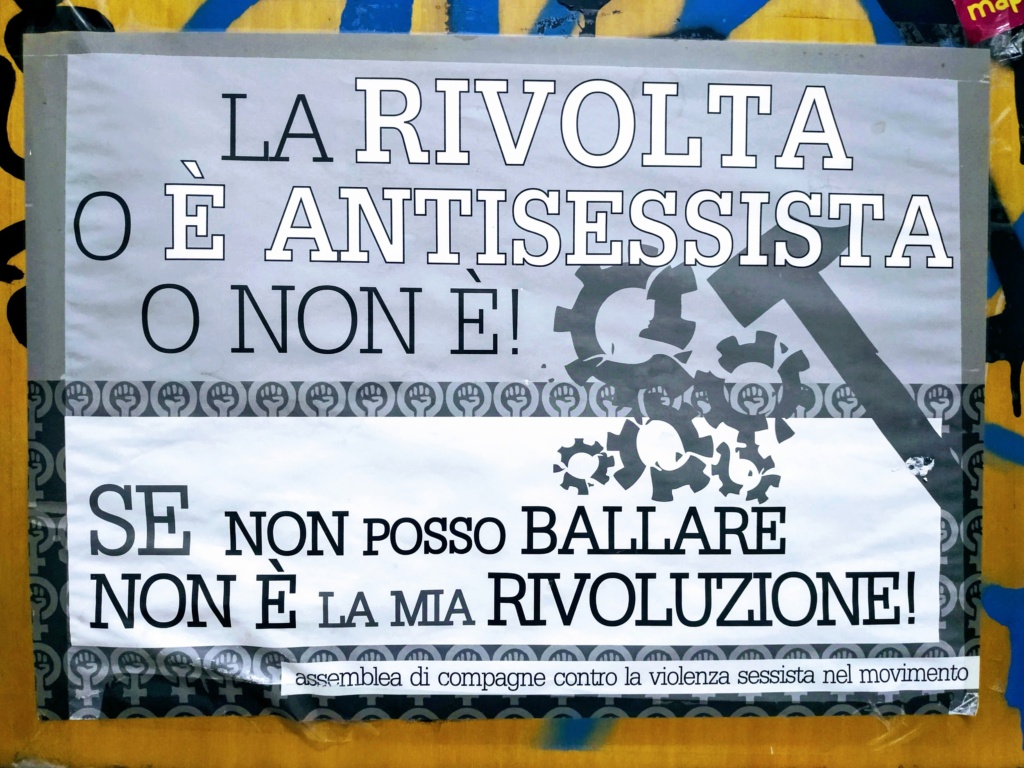
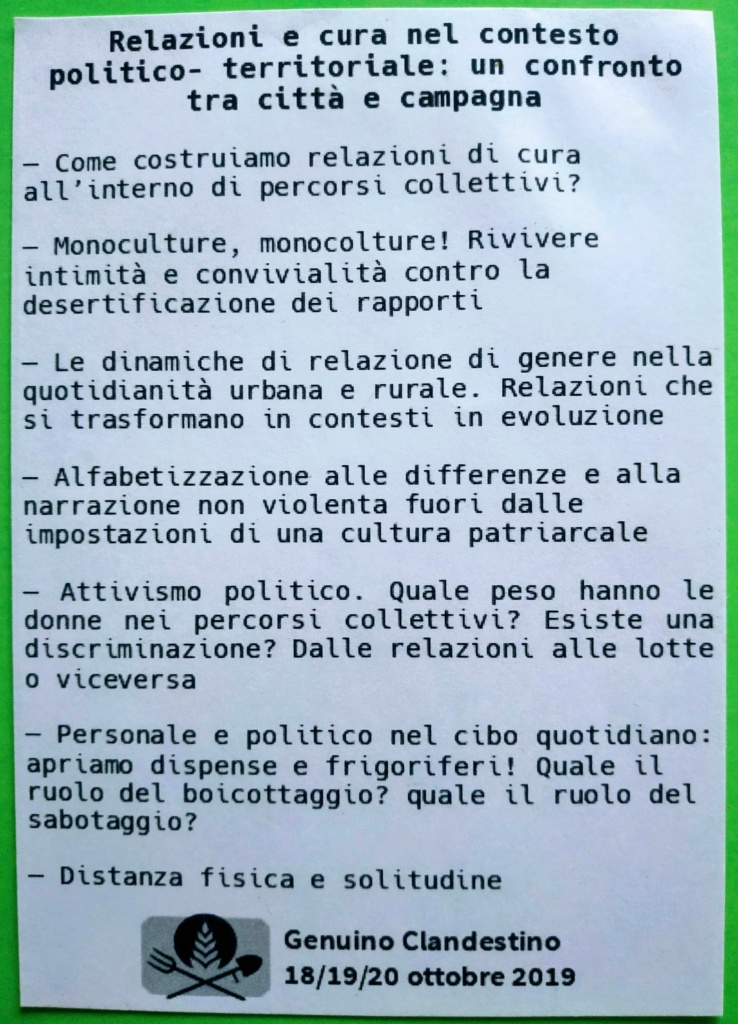
Photos: Anna Katharina Voss
Workshops at assemblies of grassroot networks Reclaim the Fields, Fuorimercato and Genuino Clandestino in Italy in 2019.
Simona and Anna joined many other WEGOers and scholars from ISS at the inspiring summer retreat on feminist methodologies hosted by WEGO partner Punti di Vista in August 2019 (see ourblogon Undisciplined Environments).And in November 2019 Simona, Wendy, Nick, Ilenia and Anna marched together in Rome at the demonstration to stop violence against women – as we reported here, WEGO in action on the streets!
Next to continuously moving between the spheres of national and international policy making, territorial networking and providing hands-on support for women in need, Simona and Pangea also engage in promoting public awareness and cultural change. Lately Pangea participated at the Festa della Legalità 2019(an anti-mafia festival of legality and non-violence and annual prize award) and organised a photo exhibition entitled ‘Invisibility is not a superpower’ at the beginning of 2020.
In a coalition with 70 women organisations and NGO’s, in October 2019 Pangea co-wrote the Italian Universal Periodic Review of Women Rights in Italy (you can read the full report here) covering such pressing issues as violence against women, access to justice, work and welfare, sexual and reproductive rights, environmental disasters and women’s health, migration and trafficking, peace and disarmament. In all these fields there is much work to be done stiil, as Simona pointed out during her presentation of the report at the 4th Forum of Mediterranean Women Journalists.
In March 2020, Simona was meant to participate at the United Nation’s 64th session of the Commission on the Status of Women CSW64/Beijing+25 scheduled to take place in New York 25 years after the landmark Fourth World Conference of Women. Unfortunately the event got suspended until further notice due to the global coronavirus crisis. But this doesn’t prevent Simona from speaking up as she keeps featuring on the news (for example here on Askanews, Huffington Post, Dire and Corriere della Sera) and reflecting on the urgent issues of safeguarding women from any form of violence. Italy has been one of the worst-hit countries during the ongoing Covid-19 emergency. And as feminist activists from all over the world are warning that lockdown and quarantine increase the risk of domestic violence when being confined to the house with an abusive partner, Pangea and REAMA continue to give urgently needed support via their online contact points. The virus can’t stop the spreading of feminist solidarity!


